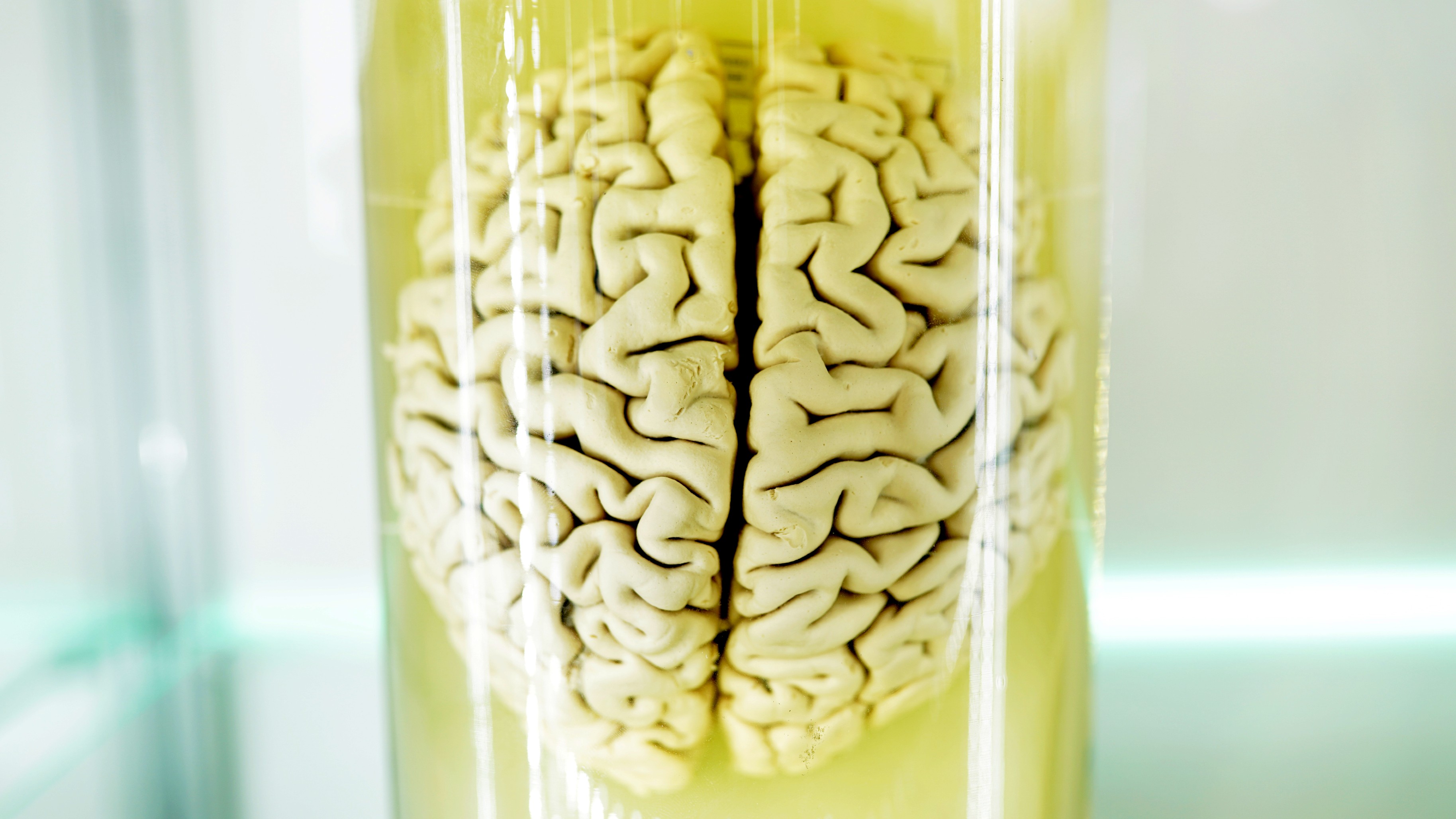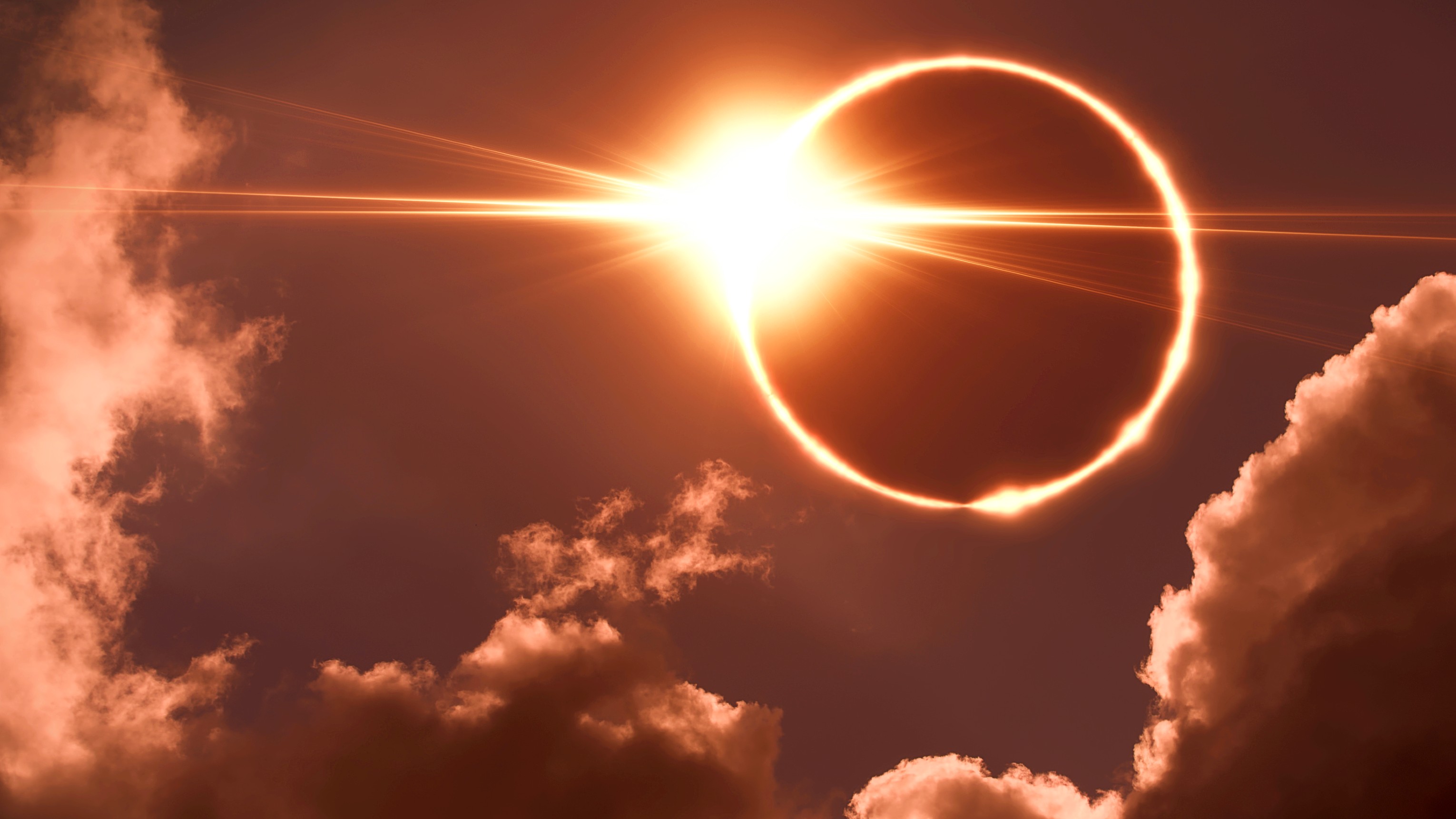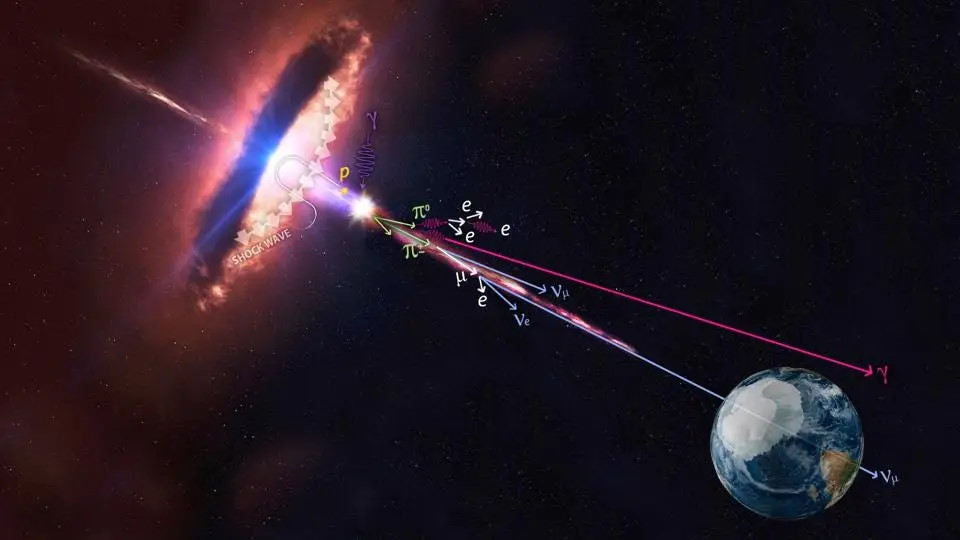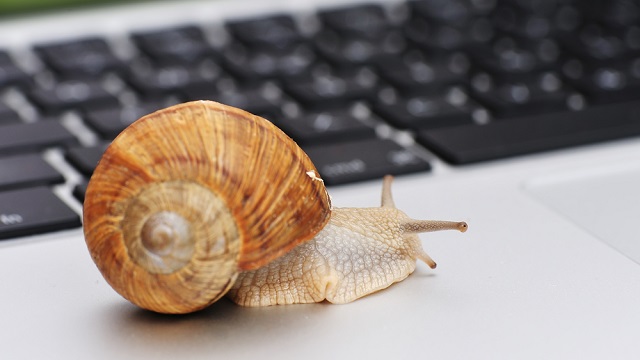How needing a wee affects your decision making

A couple of years ago Dr Mirjam Tuk won an IgNobel prize for the paper “Inhibitory Spill-Over: Increased Urinating Urgency Facilitates Impulse Control in Unrelated Domains” in Psychological Science. Tuk recently discussed her research at Imperial College Science Festival. You might think that your ability to do a task would be worsened by the feeling of needing to go for a wee, but a look at the evidence suggests the opposite might be the case. I’ll summarise the findings of Tuk’s research below:
How does needing to urinate affect performance on a Stroop Task?
First, Tuk measured how much her participants reported needing to wee before giving her participants the classic tasks of both naming the colour a word was written in and reading out a word regardless of the colour the word was written in. Try and do this below and decide for yourself which is easier. Interestingly, performance was not affected by needing to wee for the simple task of reading the word, but time taken to name the colour that the words were written in (the task that requires inhibition of the default response) was reduced in participants who reported a more urgent need to pee.

How does needing to urinate affect performance on a delayed gratification task?
In the next experiment, Tuk told participants that they were participating in an experiment comparing the taste of different types of water. One group was told to drink only a few sips, while the other was told to down many cups of water. Following this, participants were asked to choose between a low cash reward offered immediately and a high cash reward offered after some time. For example, “€16 the next day or €30 in 35 days”. Surprisingly, the participants who were given large amounts of water to drink were more likely to choose the larger amount of money at a later date!
Can just being made to think about urinating affect patience?
In another experiment, Tuk primed participants with a word-search full of words such as “urination”, “toilet” and “bladder” while participants in a control group completed an un-pee-related wordsearch. Both groups then completed the same test given in the experiment described previously. The study found that the prime did indeed create the need to urinate and in turn also improved participant’s ability to choose the less impulsive, larger but later reward.
What does this mean in practice?
Tuk suggests that her results provide evidence for the (pun intended?) phenomenon of “inhibitory spllover” – inhibiting our innate response to one task seems to spillover and aid our ability to inhibit other impulsive responses. So it really does seem that based on the evidence, if you have a hard decision to make, going for a pee may in fact hinder your ability to make the best decision. Precisely how much wee is required, I hear you ask? 500-700ml should do the trick.
Reference:
Tuk MA, Trampe D, Warlop L, Inhibitory Spill-Over: Increased Urinating Urgency Facilitates Impulse Control in Unrelated Domains., Psychological Science, 2011, Vol:22, Pages:627-633 (PDF)
To keep up to date with this blog you can follow Neurobonkers on Twitter, Facebook, Google+, RSS or join the mailing list.
Image credit: Shutterstock/DeiMosz, Grutness/Wikipedia





